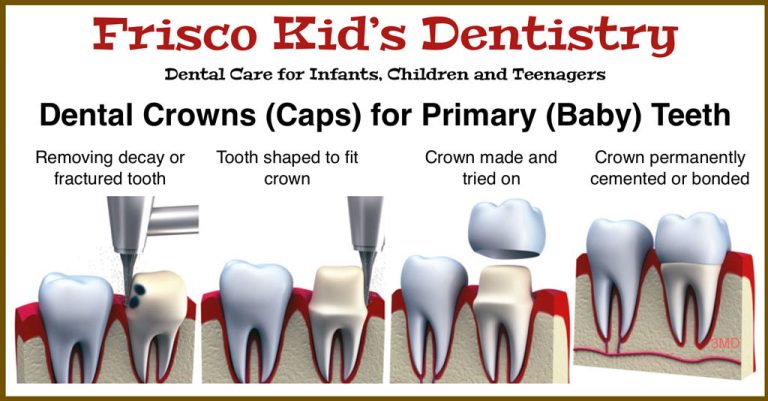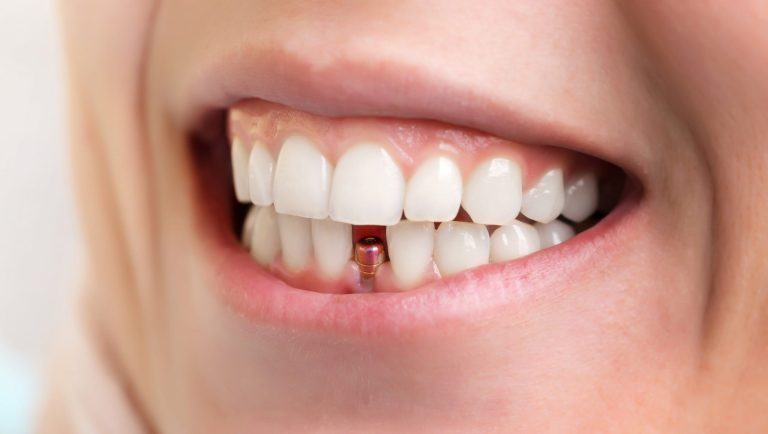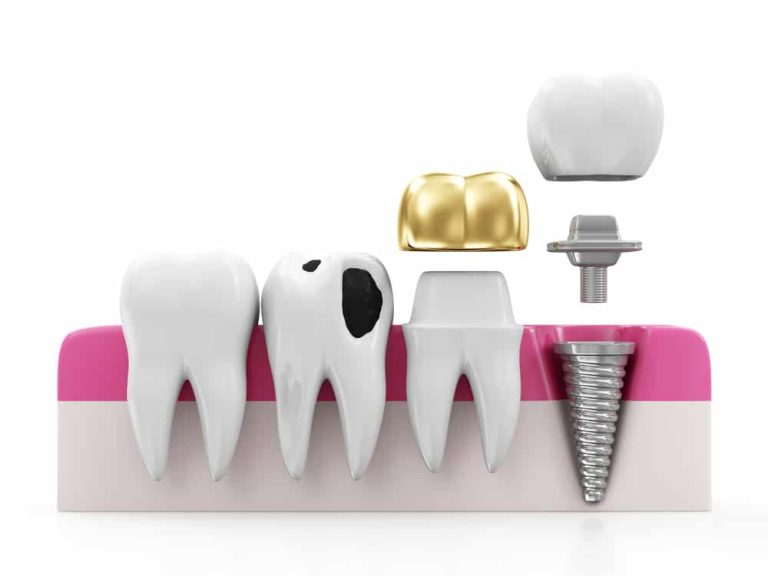Dental Crowns on Front Teeth: Restore Your Smile with Confidence
Last Updated on 6 months by DR. ALBIN SIPES
Dental crowns can effectively restore and protect front teeth, improving their appearance and function. In this article, we will explore the benefits, process, and considerations for dental crowns on front teeth.
If you are looking to enhance your smile or address dental issues like tooth decay or damage, dental crowns can be an ideal solution. By covering the entire visible portion of the tooth, these custom-made caps can provide strength, durability, and natural-looking results.
Whether you have a cracked tooth, a misshapen tooth, or simply want to improve the aesthetics of your smile, dental crowns can help you achieve your desired outcome.
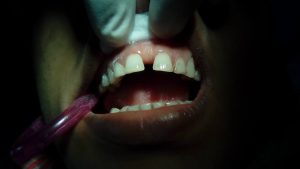
Subheading 1: What Are Dental Crowns?
Dental crowns are an effective solution for restoring damaged front teeth. These custom-made caps provide protection and improve the appearance of teeth that are cracked, chipped, or discolored. Dental crowns are designed to fit over the entire tooth and are usually made from porcelain or ceramic materials, ensuring a natural and aesthetically pleasing result.
By covering the damaged tooth, dental crowns help to strengthen it, preventing further deterioration and potential tooth loss. Additionally, they can improve the alignment and symmetry of the smile, enhancing overall confidence and self-esteem. With proper care and maintenance, dental crowns can last for many years, making them a long-term investment in oral health.
If you have damaged front teeth, dental crowns could be the ideal solution to restore both the function and appearance of your smile.
Subheading 2: Reasons For Dental Crowns On Front Teeth
Tooth decay, trauma, discoloration, and misalignment are common reasons for needing dental crowns on front teeth. These issues can have a significant impact on both the appearance and functionality of your smile. Tooth decay, caused by bacteria and poor oral hygiene, can weaken the front teeth and make them more susceptible to breakage.
Trauma, such as a fall or accident, can result in chips or fractures that compromise the structure of the tooth. Discoloration, often caused by years of staining from food or beverages, can make the front teeth appear dull or yellowed.
Misalignment, whether due to genetics or habits like thumb sucking, can affect the overall alignment and bite. Dental crowns are an effective solution to address these issues, providing strength, protection, and a natural-looking appearance to your front teeth.
Restoring Your Smile With Confidence
Restoring your smile with confidence is made possible through dental crowns on the front teeth. These crowns offer both aesthetic and functional benefits. By covering damaged or discolored teeth, they enhance the appearance of your smile, boosting self-confidence. The crowns also improve the functionality of your teeth, enabling you to bite and chew without discomfort or difficulty.
With their natural-looking appearance, dental crowns seamlessly blend in with your existing teeth, creating a seamless smile. Additionally, these crowns are custom-made to fit perfectly, ensuring a comfortable and secure fit. They are durable and long-lasting, providing a solution that will stand the test of time.
Dental crowns on front teeth not only restore the natural beauty of your smile but also give you the confidence to show it off.
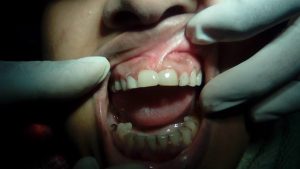
Initial Consultation And Examination
When considering dental crowns on front teeth, initial consultation and thorough examination are crucial. This helps evaluate the condition of the front teeth and determine the most suitable treatment options. Before getting dental crowns, it’s important to understand the overall health of the teeth, gums, and surrounding structures.
The dentist will examine the teeth for decay, cracks, or damage that may affect the success of the crowns. They will also assess the color, shape, and alignment of the teeth to ensure the crowns match the natural appearance. X-rays and impressions may be taken for precise planning.
By thoroughly examining the front teeth, the dentist can create a personalized treatment plan to achieve optimal results and restore the functionality and aesthetic appeal of your smile.
Preparing The Front Teeth For Dental Crowns
Dental crowns on front teeth require careful preparation to ensure a proper fit and alignment. The step-by-step guide to the preparation process includes several techniques. One such technique involves removing a small portion of the enamel to create space for the crown.
This is done under local anesthesia to minimize discomfort. The dentist then takes an impression of the prepared teeth, which is used to create a customized crown. Temporary crowns may be placed to protect the teeth while the permanent ones are being made.
The final step involves cementing the crowns onto the front teeth using a dental adhesive. This helps to restore the appearance and functionality of the teeth, providing a natural and long-lasting solution for damaged or discolored front teeth.
Placement And Bonding Of Dental Crowns
Dental crowns on front teeth require a precise bonding procedure to ensure long-lasting results. The placement process involves several steps that contribute to their durability. Firstly, the tooth is prepared by removing any decay or damage, creating an ideal surface for the crown.
Next, an impression is taken to create a custom-made crown that fits perfectly. The crown is then carefully adjusted to achieve a proper bite and alignment with neighboring teeth. Finally, the crown is bonded to the tooth using a strong dental cement, ensuring a secure and stable fit.
This precise bonding is crucial for the longevity of the crown, preventing any movement or dislodgement. With proper placement and bonding, dental crowns on front teeth can provide both aesthetic enhancement and functional restoration, resulting in a confident and beautiful smile.
Subheading 1: Daily Oral Hygiene Routine
Maintaining dental crowns on front teeth requires a daily oral hygiene routine. Regular brushing and flossing are crucial to keep the crowns in good condition. By removing plaque and food particles, brushing prevents the buildup of harmful bacteria that may damage the crowns.
Flossing is equally important as it reaches the areas where the toothbrush cannot reach and removes debris between the teeth. When cleaning the front teeth with crowns, it is essential to use gentle circular motions to prevent any damage. Avoid using abrasive toothpaste or harsh mouthwashes that can erode the crowns.
Additionally, using a soft-bristled toothbrush and a non-abrasive toothpaste is recommended. By following these tips, you can ensure the longevity and aesthetics of your dental crowns.
Dietary Considerations For Dental Crowns
To maintain dental crowns on front teeth, it is important to consider your dietary habits. Avoid consuming hard or sticky foods that may put pressure on the crowns. Steer clear of biting into hard objects like ice or opening packages with your teeth.
It is also advisable to avoid habits such as nail-biting or tooth-grinding, as they can potentially damage the crowns. Additionally, be cautious with acidic foods and drinks that can erode the enamel, as this can weaken the crowns. Opt for a balanced diet rich in nutrients that support oral health, such as fruits, vegetables, dairy products, and lean proteins.
By following these dietary considerations, you can help preserve the longevity and strength of your dental crowns.
Frequently Asked Questions For Dental Crowns On Front Teeth
Can Dental Crowns Be Placed On Front Teeth Without Removing The Natural Tooth Structure?
No, dental crowns require removal of some natural tooth structure to ensure a proper fit and long-lasting results.
Are Dental Crowns On Front Teeth Noticeable?
Modern dental crowns on front teeth are designed to blend seamlessly with your natural teeth, ensuring a natural and aesthetically pleasing appearance.
How Long Do Dental Crowns On Front Teeth Typically Last?
With proper care and maintenance, dental crowns on front teeth can last between 10 to 15 years or even longer.
Are Dental Crowns On Front Teeth Painful To Get?
The process of getting dental crowns on front teeth is generally not painful, as it involves numbing the area with local anesthesia before any tooth preparation is done.
Can Dental Crowns On Front Teeth Improve The Appearance Of My Smile?
Yes, dental crowns on front teeth can greatly enhance the appearance of your smile by addressing discoloration, chips, cracks, and other cosmetic concerns.
Conclusion
Dental crowns on front teeth offer numerous benefits for individuals seeking to enhance the appearance and functionality of their smile. With advancements in dental technology, these crowns can be customized to match the color, shape, and size of your natural teeth, creating a seamless and attractive result.
Whether you’re looking to restore a chipped tooth, cover a discolored tooth, or improve the alignment of your front teeth, dental crowns can provide a long-lasting solution. Not only do they restore confidence in your smile, but they also offer durability and protection for weakened or damaged teeth.
By strengthening the tooth structure, dental crowns can prevent further damage and potential tooth loss. So, if you’re considering dental crowns on front teeth, consult with your dentist to explore your options and achieve a beautiful, confident smile. Remember, your smile is your best asset, and dental crowns can help you make the most of it.

